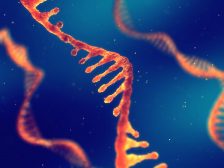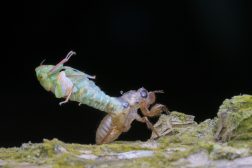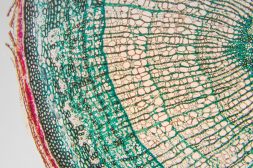Digit
1. (Science: zoology) One of the terminal divisions of a limb appendage; a finger or toe. The ruminants have the cloven foot, i. E, two hoofed digits on each foot. (Owen)
2. A fingers breadth, commonly estimated to be three fourths of an inch.
3. (Science: mathematics) One of the ten figures or symbols, 0, 1, 2, 3, 4, 5, 6, 7, 8, 9, by which all numbers are expressed; so called because of the use of the fingers in counting and computing.
By some authorities the symbol 0 is not included with the digits.
4. (Science: anatomy) One twelfth part of the diameter of the sun or moon; a term used to express the quantity of an eclipse; as, an eclipse of eight digits is one which hides two thirds of the diameter of the disk.
Origin: L. Digitus finger; prob. Akin to gr, of uncertain origin; possibly akin to E. Toe. Cf. Dactyl.
The length of breadth of a finger used as a linear measure.A finger or toe in human beings or corresponding part in other vertebrates.The metatarsals of mammals (the hands and toes).
Dictionary > Digit
You will also like...

Still Water Community Plants
This tutorial looks at the adaptations of freshwater plants for them to thrive in still water habitats. Familiarize your..

Protein Synthesis
Part of the genetic information is devoted to the synthesis of proteins. mRNA, a type of RNA, is produced as a transcri..

Growth Patterns
This tutorial describes the sigmoid curve, annual plant growth, tree growth, human growth, and insect growth as the grow..

Genetic Information and Protein Synthesis
Genes are expressed through the process of protein synthesis. This elaborate tutorial provides an in-depth review of the..

Plant Tissues
Plant organs are comprised of tissues working together for a common function. The different types of plant tissues are m..

Gene Action – Operon Hypothesis
Learn how the way genes control and determine every aspect of the body. This lesson uses lac operon as an example. ..
..

